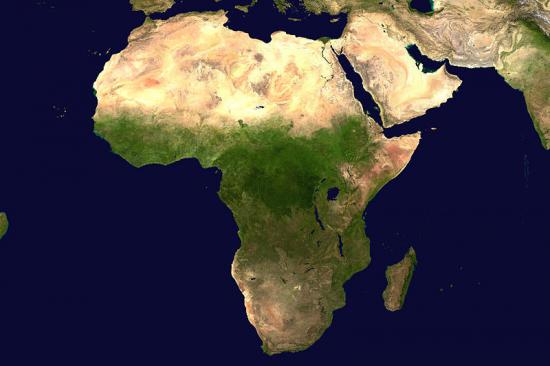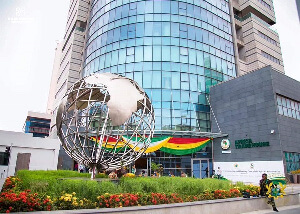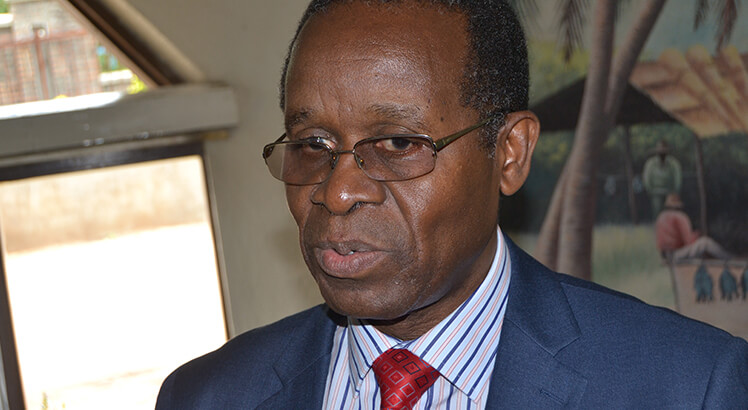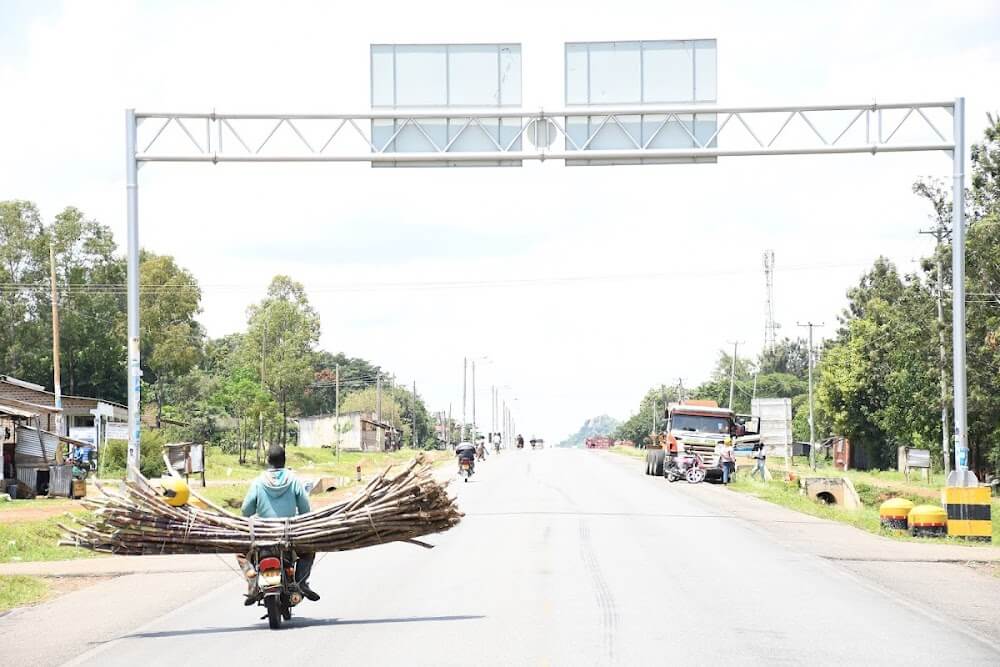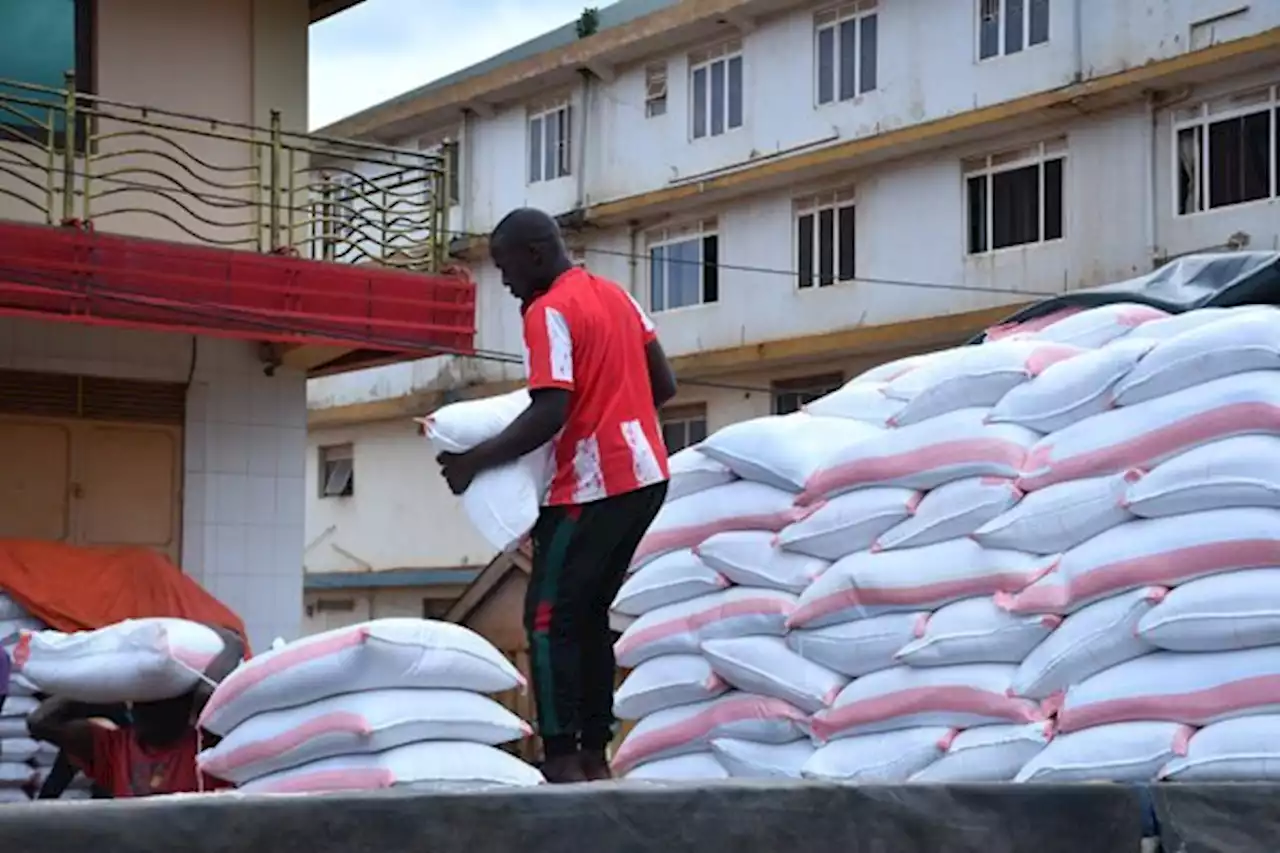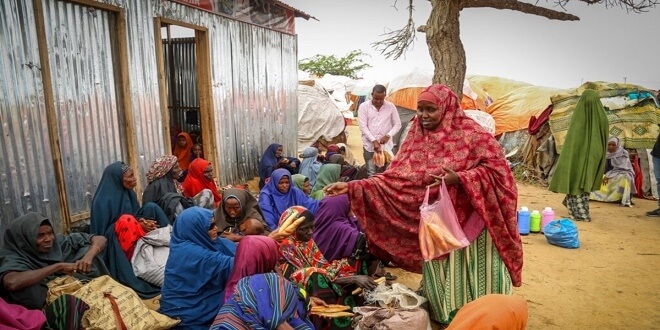The United Nations Office for the Coordination of Humanitarian Affairs, OCHA, said that during the month of July another 83,000 people were forced to flee their homes because of the drought, with the worst displacement coming in the Bay, Banadir and Gedo regions. Ishaku Mshelia, deputy emergency coordinator for the U.N. Food and Agriculture Organisation, told VOA via telephone Wednesday that people are migrating in search of food and other assistance. He said the FAO is trying to help. "Our ability as [a] humanitarian community is to be able to reach the affected people in their communities and provide the services that they need so that they ... don't feel pushed to migrate," Mshelia said. "Unfortunately, previous droughts, what we have seen is that a lot of mortalities have been reported where people that, unfortunately, died on their way to open areas in search of assistance." FAO Somalia said it needs $130 million to fully fund its famine prevention plan, designed to help about a million people in rural areas. A statement issued by the FAO on Wednesday said that if the funding gap is not addressed, widespread famine may be inevitable. Drought-related malnutrition has killed 500 children, according to the U.N. Children's Fund, UNICEF. Authorities in Somalia's Gedo region also confirmed to VOA more than 50 deaths of children due to suspected drought-related illnesses. The deaths were reported in the towns of Bardere and Beledhawo, which border Kenya. Ali Yusuf Abdullahi, the Gedo regional administration spokesman, said that...

